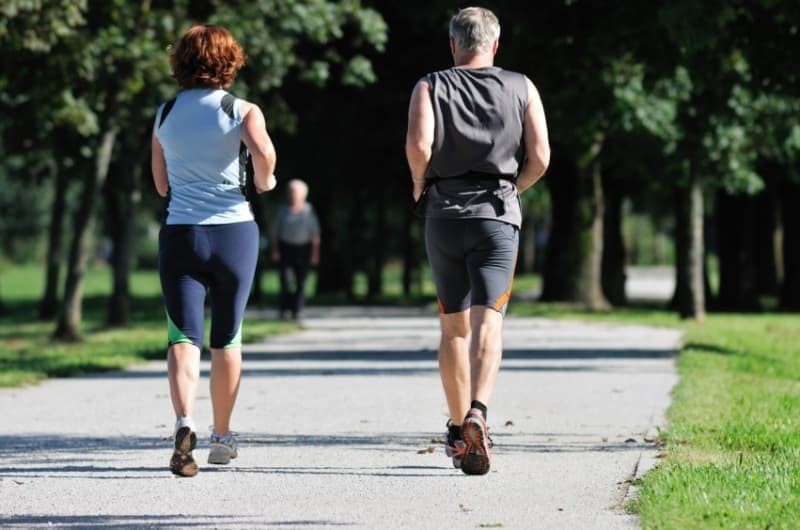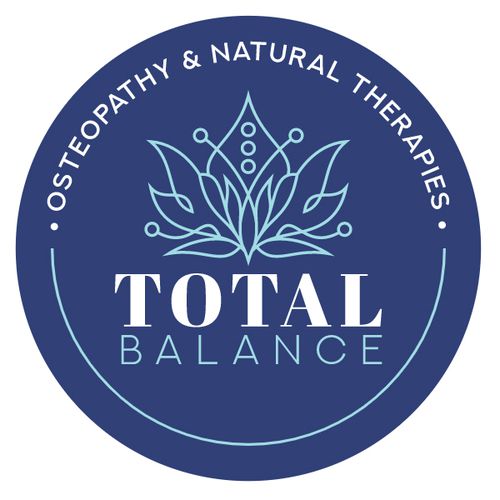
Osteoporosis is a largely preventable disease. Prevention is especially vital as, while osteoporosis can be treated, it cannot be cured. There are several steps that you can take to protect yourself against this disease. We have outlined them below.
The Importance of Calcium
Calcium is necessary for correct functioning of the heart, muscles, and nerves, and also for blood clotting. It has been shown that a lack of dietary calcium can lead to osteoporosis. Unfortunately, many women and girls get less than half of the calcium that they need in order to grow and maintain healthy bones. Osteoporosis causes a decrease in mineral content within the body resulting in a reduction in bone mass, which leads to decreased bone strength and increased risk of bone fractures due to falls.
Adults under the age of 50 need 1000 milligrams of calcium per day while those over 50 need 1200 milligrams of calcium. Good sources of calcium include reduced fat dairy products, fortified juices and leafy vegetables. Other calcium-rich foods include legumes, beans, tofu, soybeans, almonds, blackberries and oranges.
If you are not getting enough calcium from your diet, a calcium supplement may be useful. Ensure that the supplement also contains vitamin D.
You should also limit your caffeine intake as caffeine interferes with the body’s ability to absorb calcium and can cause fragile bones. Also limit your salt intake as excess sodium will cause the body to lose calcium. Salt is eliminated from the body by the kidneys and calcium will be lost as well.
The Importance of Vitamin D
Vitamin D is necessary as it helps the body to absorb calcium to strengthen bones and reduce fracture risk. If you do not get enough vitamin D, the body cannot absorb the calcium from food and it will thus take the calcium it requires from the bones. Vitamin D can be obtained from food, such as fatty fish, green vegetables, beans and egg yolks, as well as getting it from direct exposure to sunlight. You can also consult your nutritionist to determine which vitamin D supplement is right for you.
Get the Right Amount of Protein
Protein is a major structural and functional component of bone. The protein collagen makes up approximately 30% to 50% of the organic matrix volume, and 20% to 40% of its dry weight. Proteins take part in all stages of the natural bone remodeling process: synthesis, degradation and reformation of bone cells (osteoblast activity).
It is important that you eat the right amount of protein in your diet. Too much or too little of protein intake is associated with a decrease in bone density. A person needs about 50 grams of protein a day. If you have too much protein in your diet, you may find that calcium absorption is decreased or that calcium loss is increased. Some of the best food sources for protein are seafood, lean meat, poultry meat, seeds and dairy products.
Vitamin A and Osteoporosis
People that consume too much vitamin A in the form of retinol (2000 micrograms) may find themselves at increased risk of bone-loss-related hip fractures. This is because, at high levels, vitamin A may cause bones to break down faster than they can rebuild themselves. Ensure that you are not getting all of your vitamin A in retinol form. Getting some or the majority of your vitamin A in the form of beta carotene is safer as beta carotene does not harm bones in the same way that retinol can. To ensure your adequate dietary intake, add carrots, squash, tomatoes, yellow peppers and other orange and yellow vegetables to your daily diet.
The Importance of Exercise
One of the major risk factors for osteoporosis is lack of physical activities, high-impact exercises. Exercise is absolutely vital in the prevention of osteoporosis, and it can be the single most important thing you can do after ensuring that your calcium intake is adequate. Exercise is important because the muscles pulling on bone build bone – therefore, weight-bearing exercise will create stronger, denser bones. The more bone mass that you can accumulate by the age of 25 or 30, the better off you will be in later life. Exercise can also help you to maintain bone mineral density.
Studies have shown that weight bearing exercises, such as running, walking, hiking, aerobics, stair-climbing, dancing or lifting weights, help build strong bones. These muscle-strengthening exercises cause small stress on the muscles, which forces the osteoblasts (cells responsible for building bone) to work harder and promote the production of collagen (a protein that makes up bone), which increases bone strength. It also decreases the risk of fracture, especially in individuals who have osteoporosis or weaker bones due to previous conditions such as smoking.
Water exercises like swimming are not considered weight bearing, but swimming promotes muscle strength in the back. Strong back muscles means that the bones in the spine will be stronger and denser, hence reducing the risk for osteoporosis. As well as being good for the bones, spending half an hour each day doing a weight bearing exercise program will also improve your heart health, your core strength, your coordination, and your balance.
If you already suffer from osteoporosis, you can still exercise. Speak to your healthcare provider about the exercise program you can safely do in order to preserve the bone mass you have, strengthen your back and avoid hip fractures as well. However, it is important to remember that exercise on its own is not enough to prevent osteoporosis or to cure it.
Avoid smoking
Lung cancer has been identified as one of the leading causes of death in smokers throughout the world. What many people do not know is that there are additional diseases associated with smoking, including medical conditions that affect the joints resulting in decreased mobility. If you have osteoporosis already due to previous smoking, your condition can worsen and you may begin to experience a greater risk for fractures. Acupuncture and hypnotherapy can help with smoking cessation, which, in turn, can prevent broken bones.
Drink plenty of water to stay hydrated
The human body is composed of around 60% water, which is vital to its everyday functions such as digestion, blood circulation and nutrient transport throughout the body. If you are not properly hydrated, your body will function less optimally as it needs sufficient fluid levels to maintain proper bone health. It has been suggested that we drink at least eight glasses of water each day in order to maintain healthy bones. Drinking an adequate amount of water decreases the risk for forming kidney stones, and it helps prevent osteoporosis by keeping our bodies well balanced and nourished.
Be aware of the risk factors for osteoporosis
Osteoporosis affects around 200 million people around the world and, according to studies, it is estimated that this number will rise to more than 1 billion by 2025. The elderly population over the age of 65 is at greater risk since they are often less mobile than younger adults making them more susceptible to serious injuries should they fall. Women also have a greater risk of osteoporosis than men, especially after they reach the age of menopause.
A family history of osteoporosis increases your chances for developing the disease so it is best to look out for symptoms early on in order to prevent its progression. It is also important to consult health professionals who specialize in bone and spinal health, such as a chiropractor or physical therapist, to be able to identify early onset of bone loss and take appropriate action.
Regular exercise and maintaining a healthy diet, along with avoiding smoking, decrease your risk for developing osteoporosis and increase your chances for building stronger bones later on in life.
Originally published on May 16, 2008








